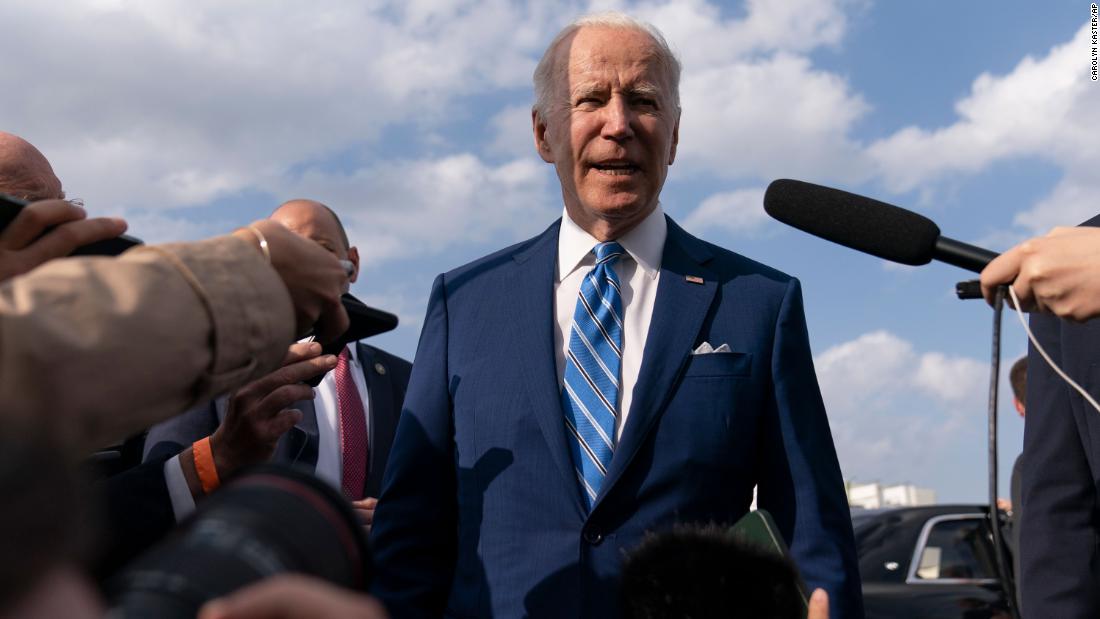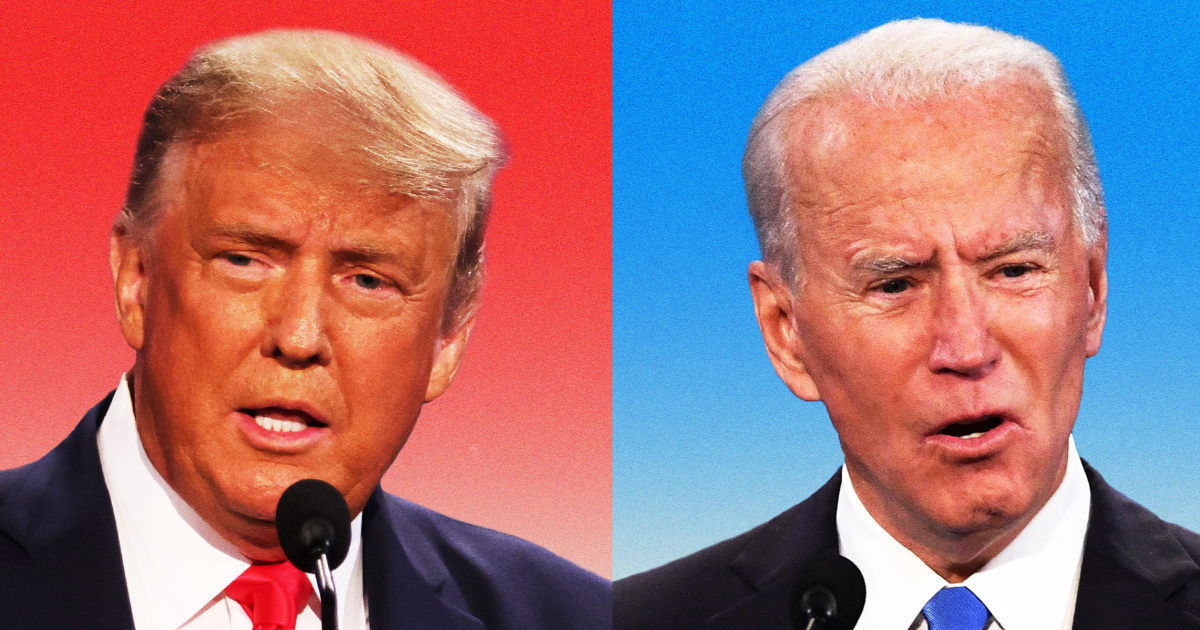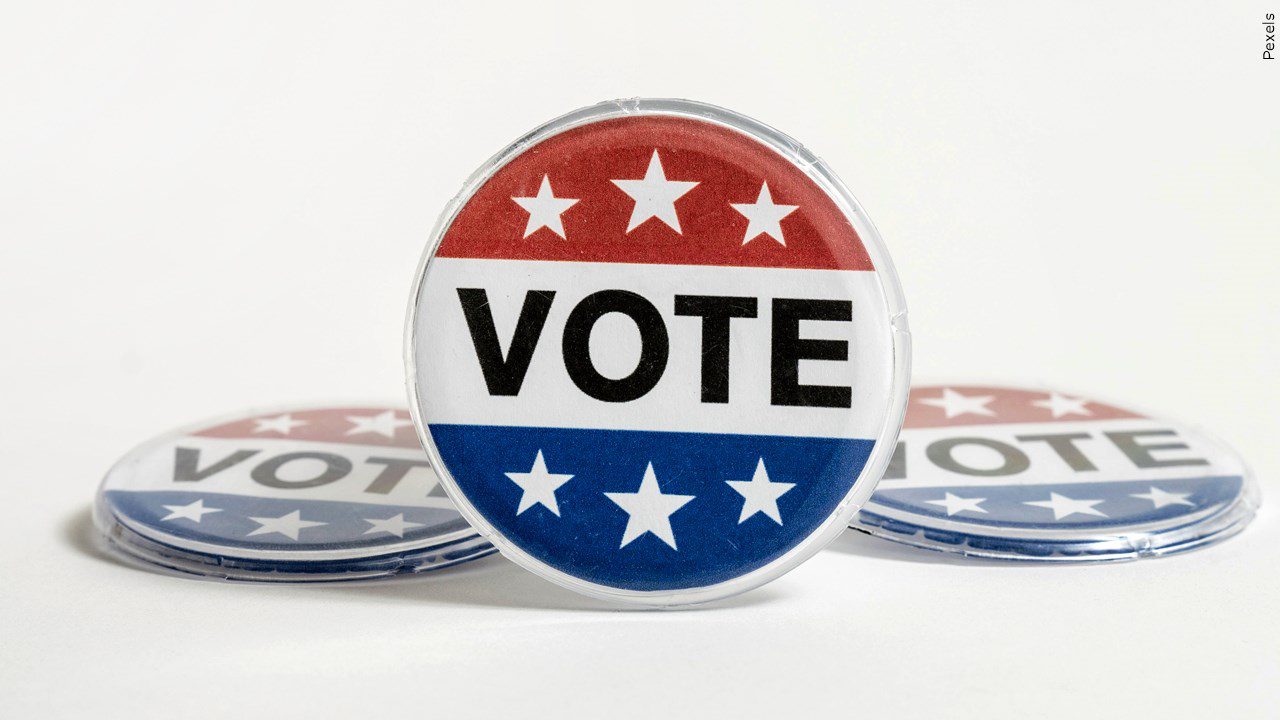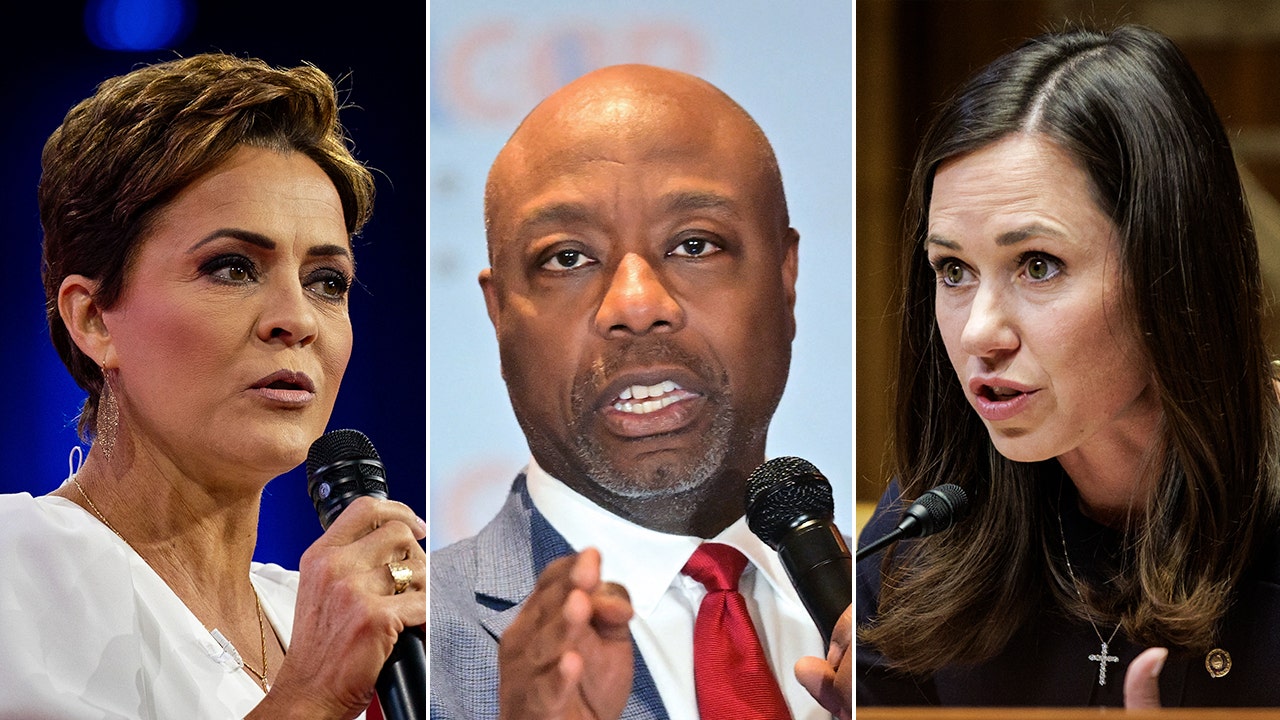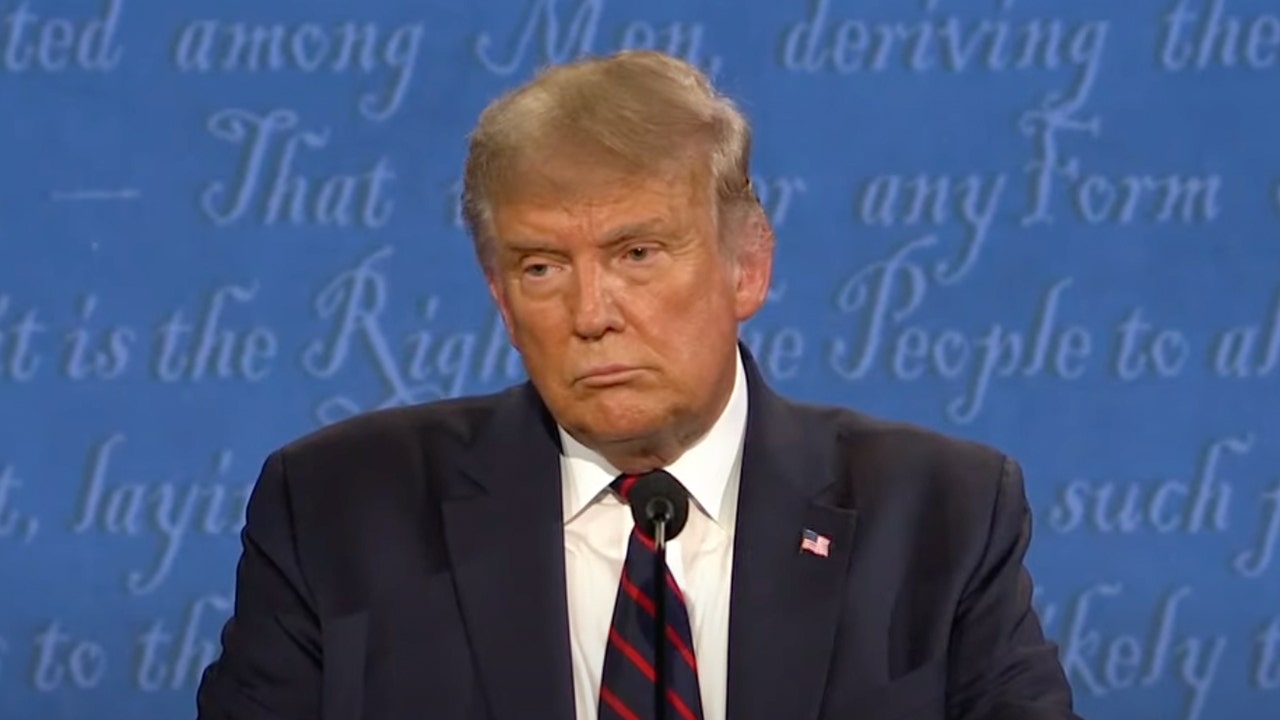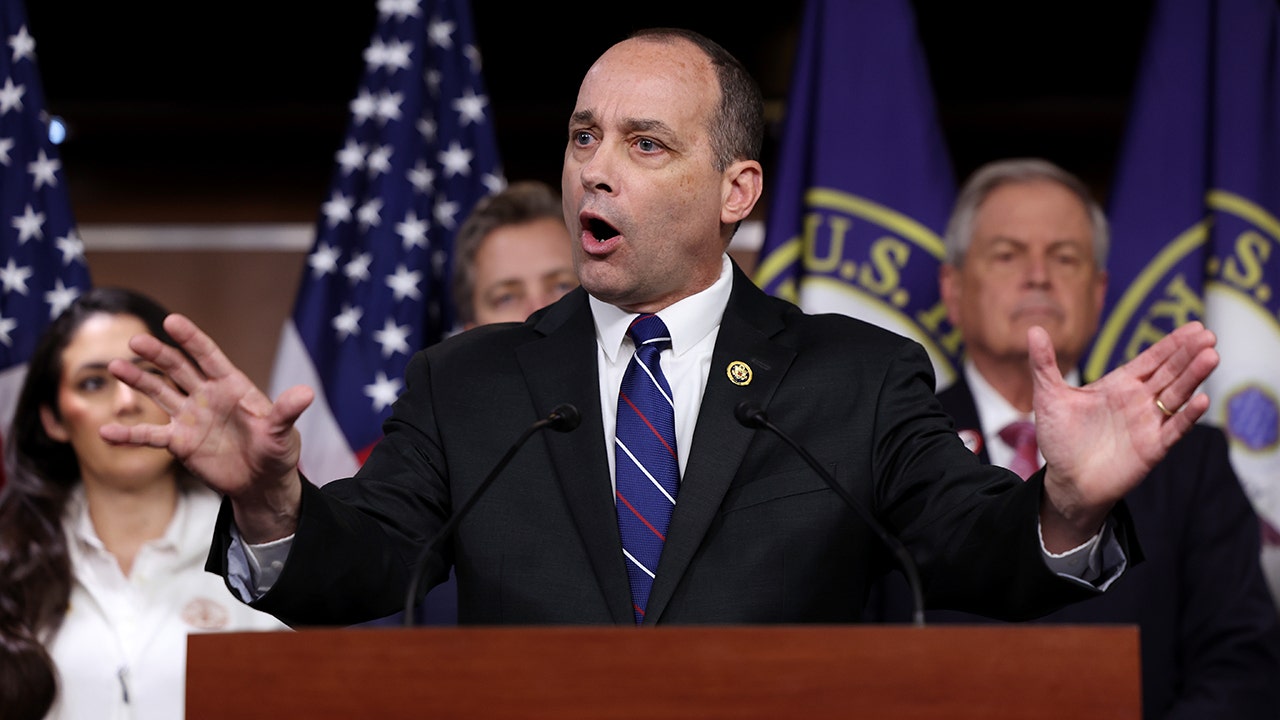The best that can be said of Joe Biden’s stumbling debate performance was that it took place in June. If he were pressed to step down as nominee there would still be two months to go before the Democratic convention. For Biden’s loyalists, who have always moved swiftly to shut down any hint of dissent about his candidacy, Thursday night was a moment of truth. For more than a year, private conversations in Washington have been dominated by the president’s ageing. But the public omerta on that topic broadly held up. That cognitive dissonance has now collapsed. The story is now about whether Biden can be persuaded to step down.
The choice is his alone. Having crushed the Democratic nomination, Biden would be within his rights to ignore pleas to step aside. Potential alternative nominees, such as Gavin Newsom, California’s governor, and Gretchen Whitmer, Michigan’s governor, will be unlikely to speak out. The risk of being labelled a traitor and ruining their presidential chances would be too great. There is no such thing as a committee of party elders who can prevail on Biden to vacate the crown. He is the leader of the party. A tap on the shoulder from the younger Hillary Clinton, 76, or the much younger Barack Obama, 62, would risk backfiring.
Those who know Biden best say the only people who could influence him are his family, starting with the first lady, Jill Biden. Biden is a stubborn man. Most presidents are. Until Thursday night, he believed he was the only Democrat who could beat Donald Trump. Now it looks like he is on a course to defeat in November. As Biden’s mumbling, and often inaudible, performance went on, the prediction markets reacted in real time. By the end of the debate, one political betting market, PredictIt, gave Trump a 61 per cent chance of winning, having started the debate at 53 per cent. This put a number on what almost everyone was thinking.
The risk for Democrats now is two-fold. The first is that Biden simply refuses to budge. Indeed, that is still the likeliest outcome. While the debate was happening, Biden’s aides were putting it about that he was suffering from a heavy cold, which explained his hoarse delivery. By this point, everyone had forgotten Trump’s forecast that Biden would take a “shot in the ass”, or even cocaine, to enhance his performance. If Biden believes he simply had a bad night, he could eat up the precious time Democrats have to elect a replacement. The worst thing he could do is cling on for another few weeks then step down. He would need to make the announcement in the next few days.
The second risk is that Biden does decide to step aside in good time and the Democratic party descends into civil war. Another reason Biden has been so reluctant to consider quitting is the unpopularity of Kamala Harris, the vice-president. But as the first female and non-white vice-president, it would be provocative for Biden to endorse anyone else. If he did not name Harris as his heir apparent, the party could polarise along ideological lines. Anyone competing with Harris for the nomination, particularly a white male, would risk being depicted as the enemy of progress. A bitter Democratic nomination battle culminating in a divisive convention in Chicago offers too many historical echoes for comfort. The last time Democrats held their convention in that Midwestern city was in 1968. It turned into a circular firing squad.
These risks were already known. But the upsides are suddenly clearer. Many democracies can hold a general election and change their government in the timeframe between now and the Chicago convention. Indeed, Britain looks set to do so next week having declared a snap election in late May. The fact that no US party has held an open convention in recent memory should be no obstacle. Everything about America’s 2024 presidential race is unprecedented. This includes the advanced age of both candidates and the fact that one of them, Trump, has repudiated the results of the last election.
Bill Clinton once said Americans prefer “strong and wrong” to “weak and right”. On Thursday, those two options were on the debate stage. Every Democrat, including Biden, tirelessly repeats that democracy is on the ballot this November. They argue that the stakes for America are existential. The question now is whether they have the ruthlessness to act on those beliefs.
There is no shortage of Democratic talent. Nor would a noisy contest necessarily be bad for the party. Democrats would be showcasing the lively democratic process that they believe is in peril. The question that Biden, and the first lady, must now ask themselves is who Trump would fear more: Biden, or a younger opponent who could fire off the rebuttals that he failed to deliver on Thursday? To a growing number of Democrats, that question answers itself.
edward.luce@ft.com

